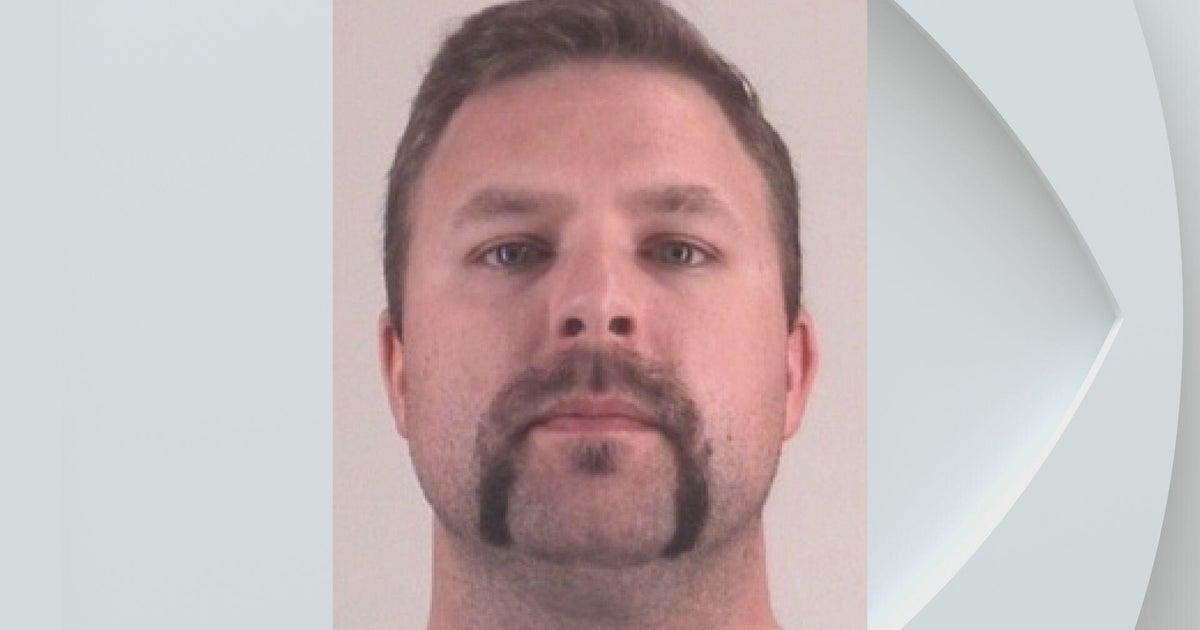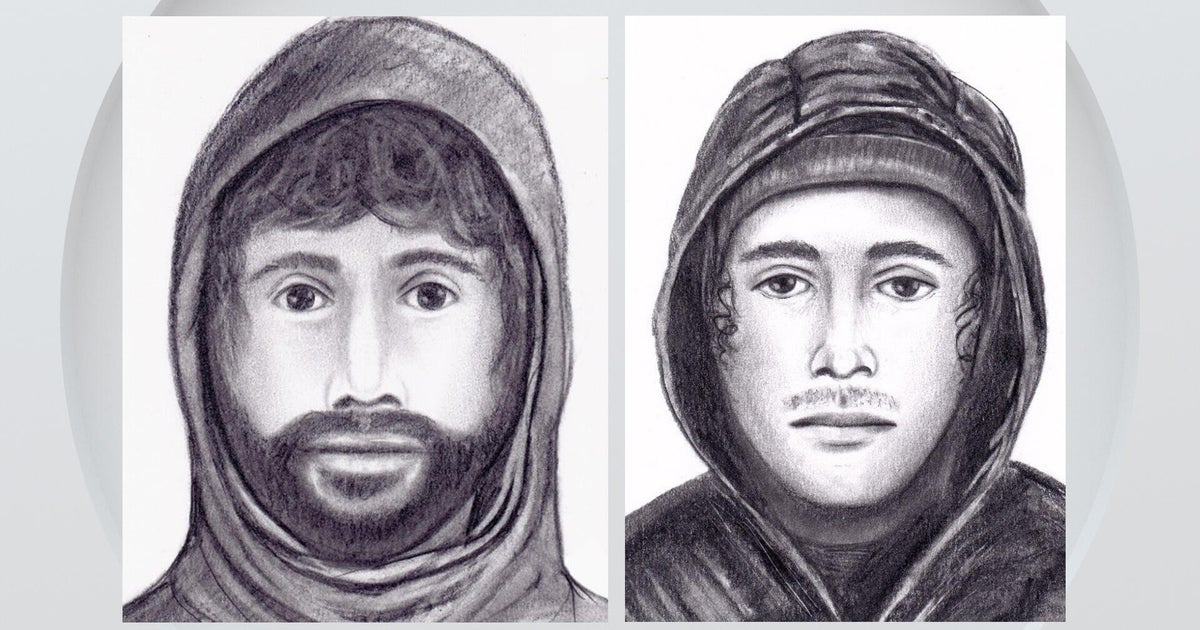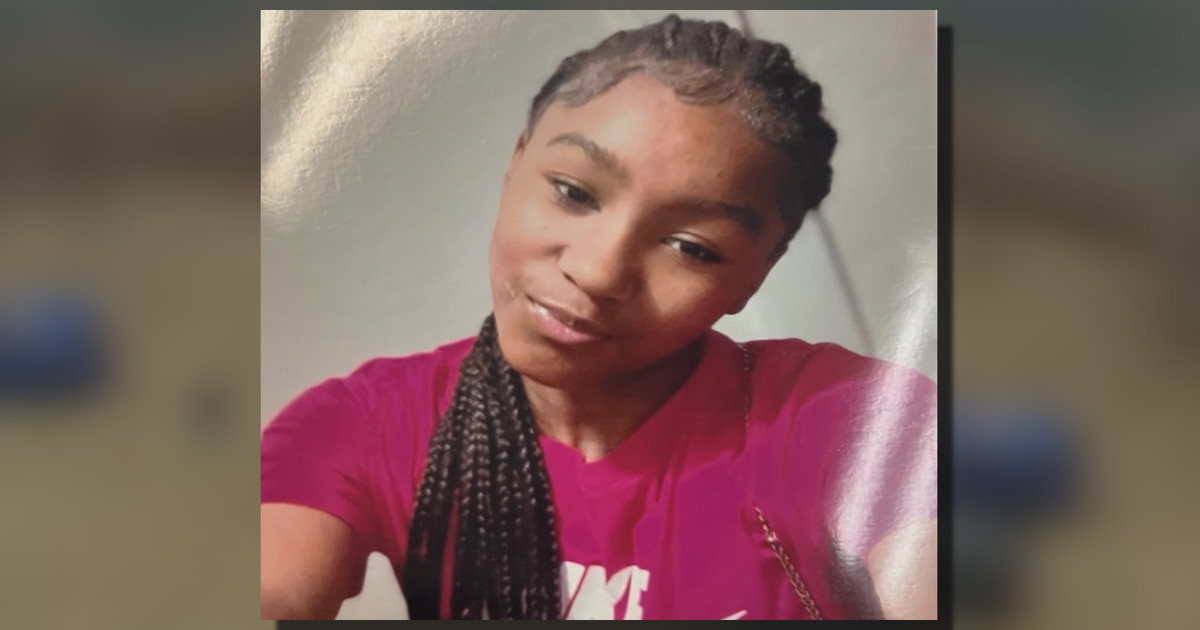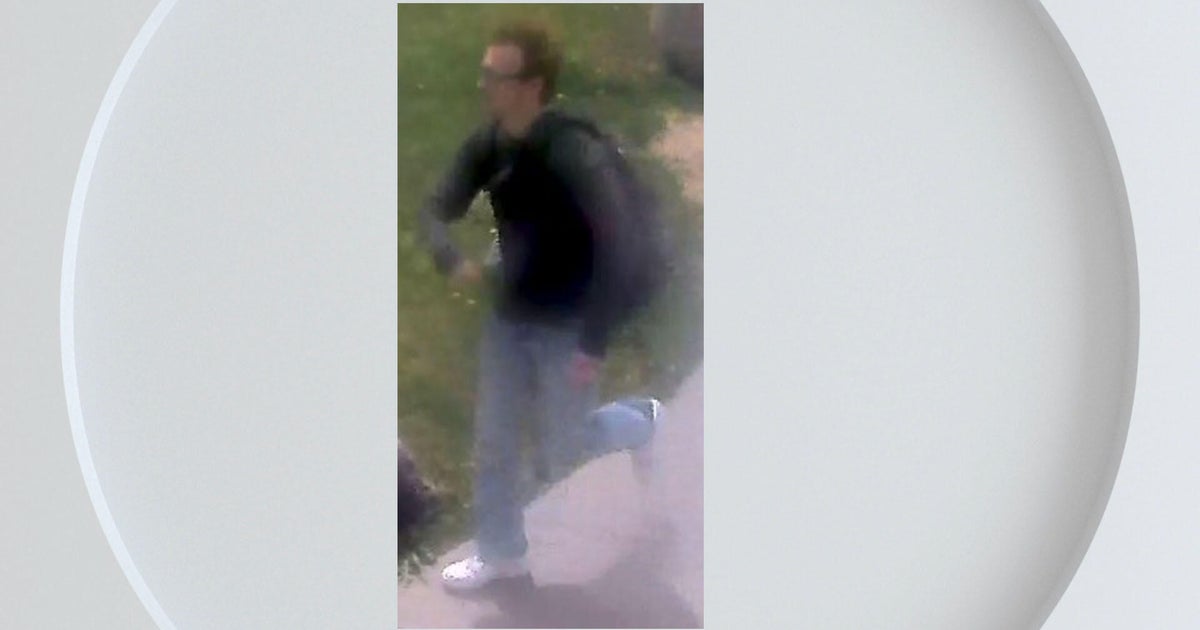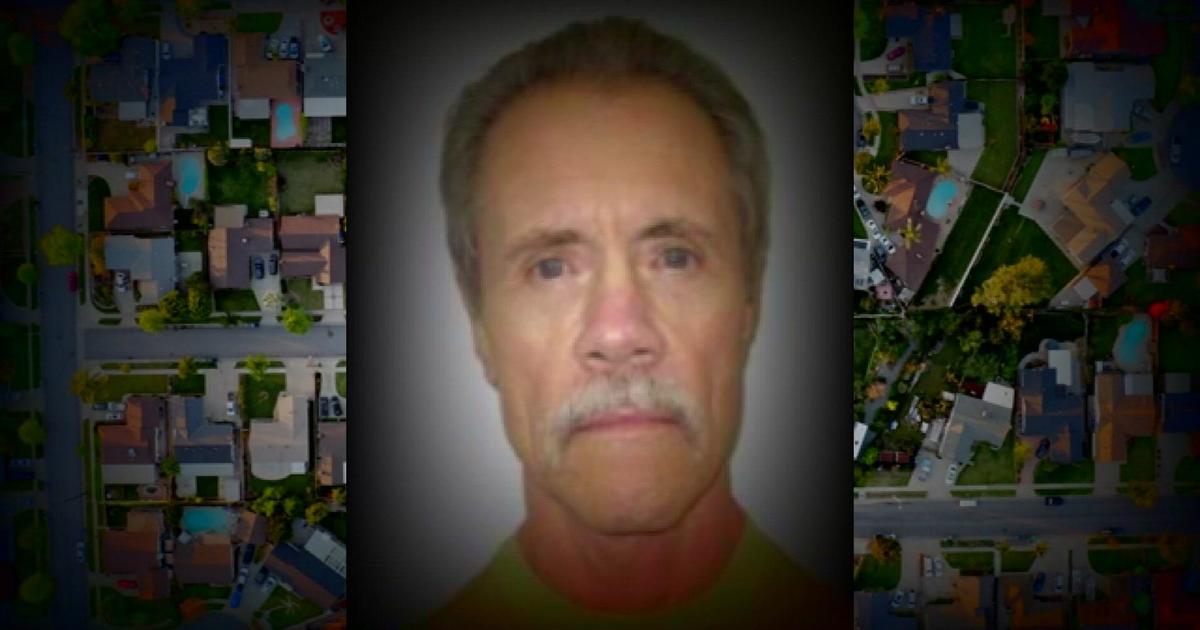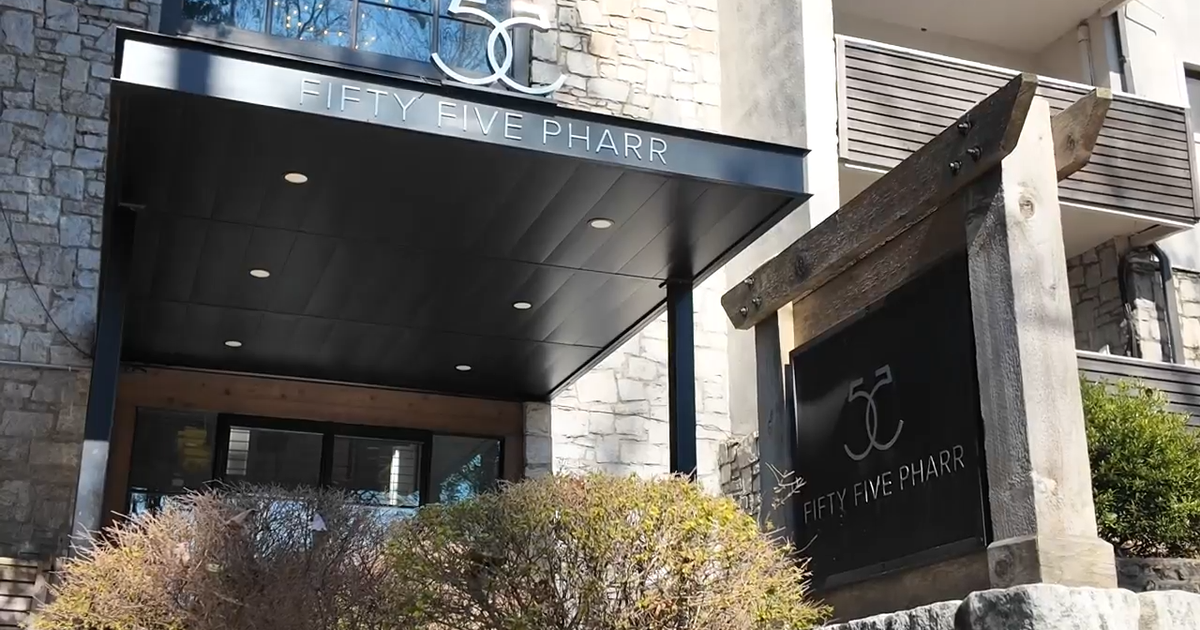Pelvic Exams Can Be Incredibly Difficult For Women Who've Survived Sexual Assault
FORT WORTH (CBSDFW.COM) - This year, the American Cancer Society estimates doctors will diagnose more than 14,000 new cases of invasive cervical cancer.
More than 4,000 women will lose their lives.
While regular screening can make all the difference, a pelvic exam can be incredibly difficult for some women - especially those who've survived sexual assault.
It was three years ago when Erika Graham was diagnosed with cervical cancer. "I'd had a very bad backache for over a year and just assumed that it was age, but I became more symptomatic at that point. And that's when I realized something was wrong," she said.
She knew she should be getting regular screenings, but she also found herself in a struggle many others face.
"Here are so many women with backgrounds that prevent them or slow them down in terms of seeking that care because of previous trauma. In my case, I had a sexual assault in my history. And it just stopped me in my tracks. So it really wasn't until my life was in danger that I sought treatment and sought help," Graham said.
According to the American Cancer society, cervical cancer is most frequently diagnosed in women between the ages of 35 and 44, but there's still a risk as you get older; more than 20% of cases are found in women over 65.
"It is preventable and you know if you can detect and treat the pre cancers and you're you've got a great opportunity to, you know, really catch it and prevent it," said Jeff Fehlis, who is with the American Cancer Society.
Fehlis also said that in addition to regular appointments, the HPV vaccine is essential. Nearly all cases of cervical cancer can be attributed to an HPV infection.
The CDC recommends the vaccine for children between 11 and 12. It's also recommended for anyone through the age of 26 who wasn't fully vaccinated as a child.
"It's been proven it is absolutely safe. It has been out for over a decade, and it's it is saving lives, and we have a shot that can prevent cancer," said Fehlis.
After almost two months of radiation and chemo, Graham finished her treatments in September of 2018. In 2023, if all goes well, she'll be able to say she's officially cancer free. She encourages you not to neglect your health.
"I don't think many women understand that they can set an appointment and go and meet with the practitioner or the care provider before the exam is ever done and in essence set two separate exams, or bring with them an advocate or a support person to help them and and help them feel safe in that space," Graham said.
Graham said she hopes more health care providers see her story, and try to be sensitive to the clues that their patients may be dealing with trauma. She says many times women can't even admit to themselves what's happened, let alone start the conversation with their doctor.
Information about navigating exams after sexual assault is available online. Click here for more info.
The CDC also offers information about HPV vaccines online. Click here for more info.
